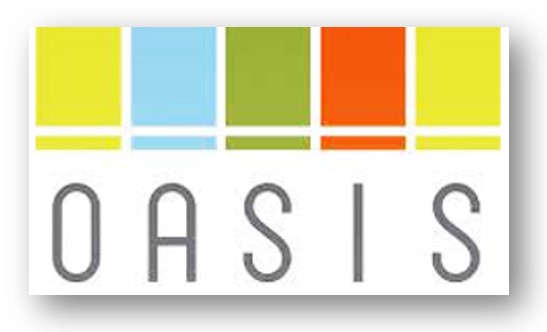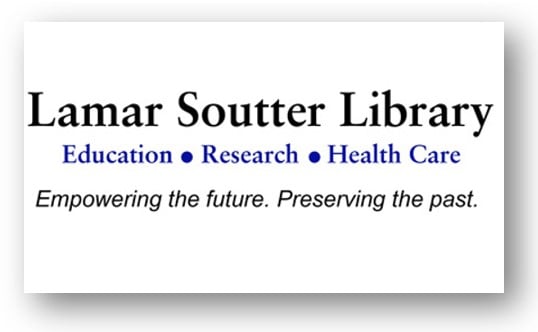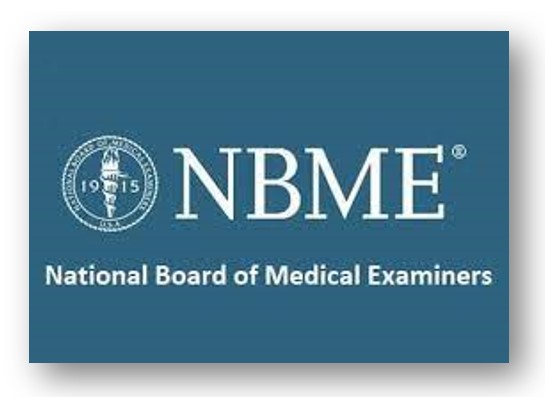Welcome to the Office of Undergraduate Medical Education (OUME) website. These linked pages describe our role in advancing education, community and scholarship for the students and faculty of UMass Chan Medical School. Our programs cover a wide range of curricular activities from design and management to educational seed grants, structured extracurricular experiences locally or oversees, and support of research opportunities. The OUME works in collaboration with a broad range of partners on campus and throughout the community to provide a comprehensive array of resources and expertise in support of teaching and learning.
The OUME works with faculty and students to nurture a diverse and inclusive learning environment. We value innovative educational programming and a curriculum that engages learning and action to care for and address disparities that are inclusive of but not limited to those of all races, sexes, genders, ethnicities and abilities. The OUME will work with faculty and students to promote diversity and inclusion in its curriculum throughout the four year continuum in line with the values of the University of Massachusetts Chan Medical School. Learn about our 3-school and GME Diversity, Representation and Inclusion for Value in Education (DRIVE) initiative and reach out with any questions or ideas.
We hope that you will follow up this virtual tour with a visit to our offices to meet the OUME Team! Please feel free to contact us with any questions; we look forward to working with you.


Manas Das, MD, MS
Associate Dean of Undergraduate Medical Education
Professor, Radiology/Translational Anatomy

Patricia Seymour, MS, MD
Clinical Assistant Dean for
Early and Advanced Clinical Curricula
Associate Professor

Erin McMaster, MD
Clinical Assistant Dean for
Clerkship Curriculum
Associate Professor











